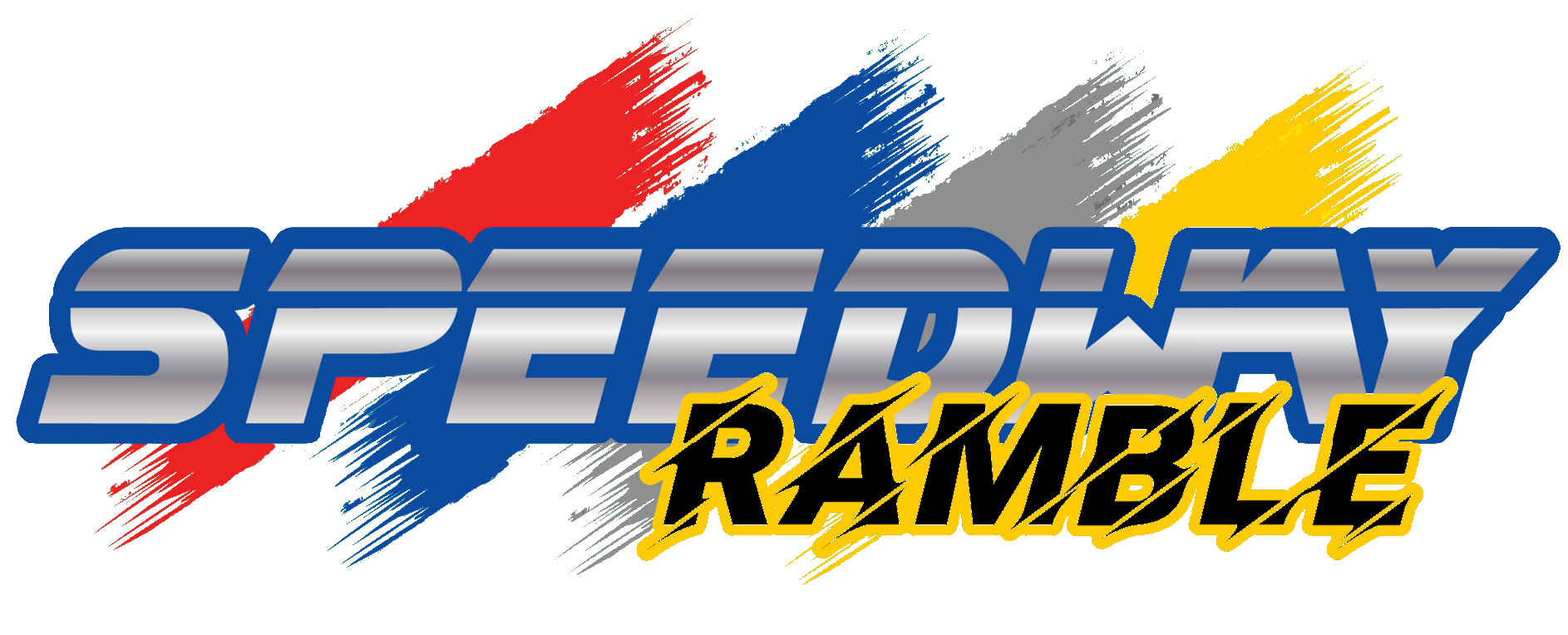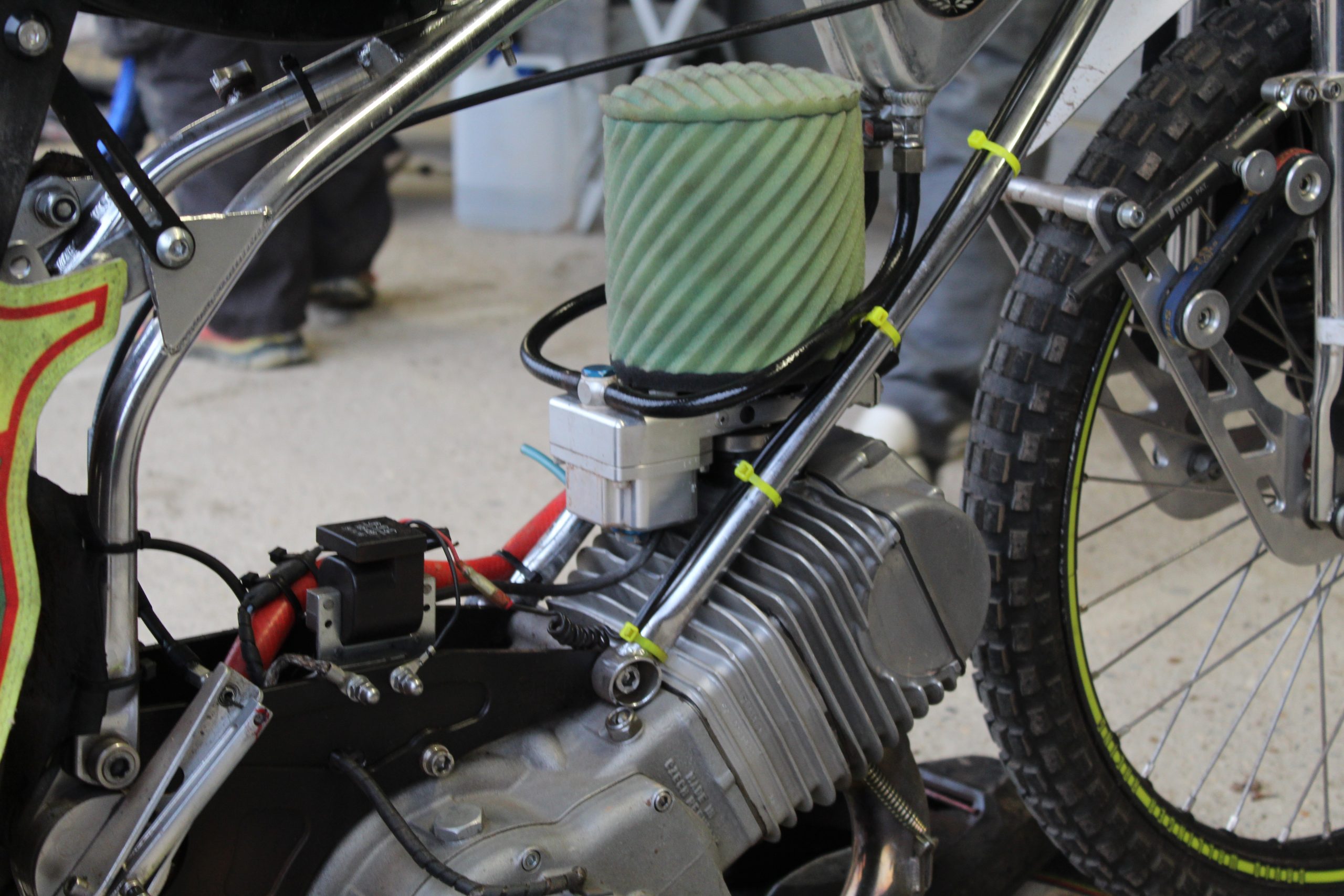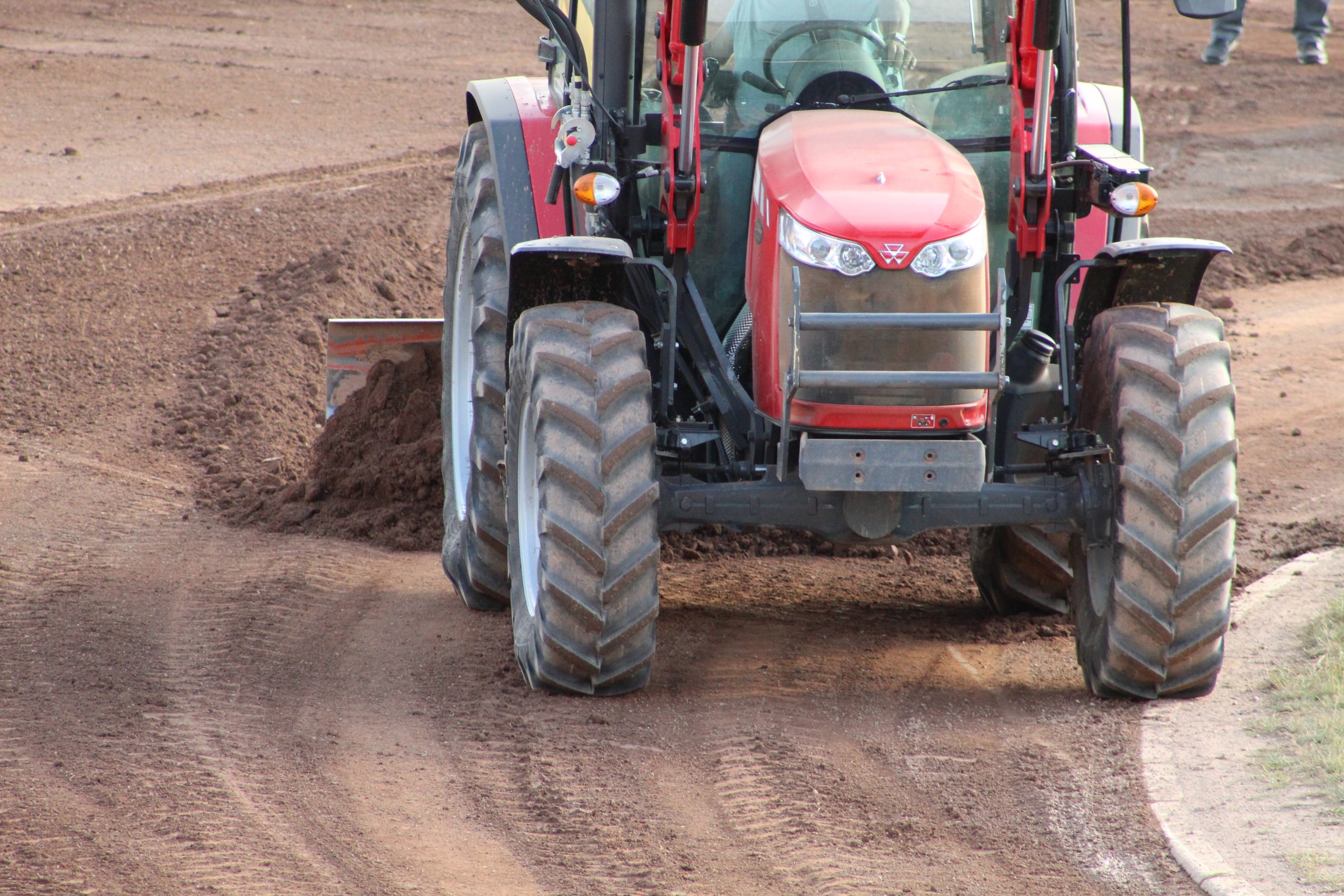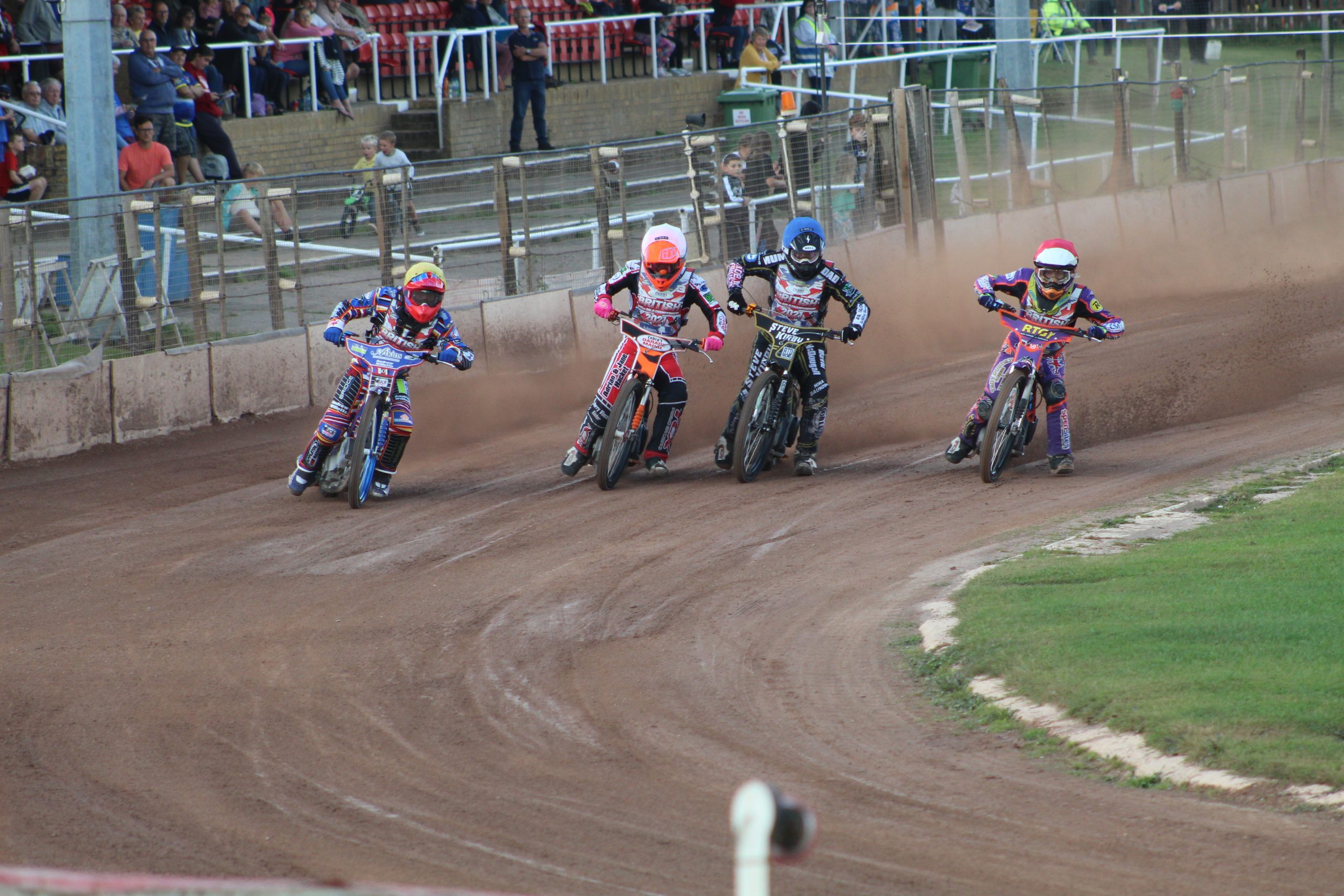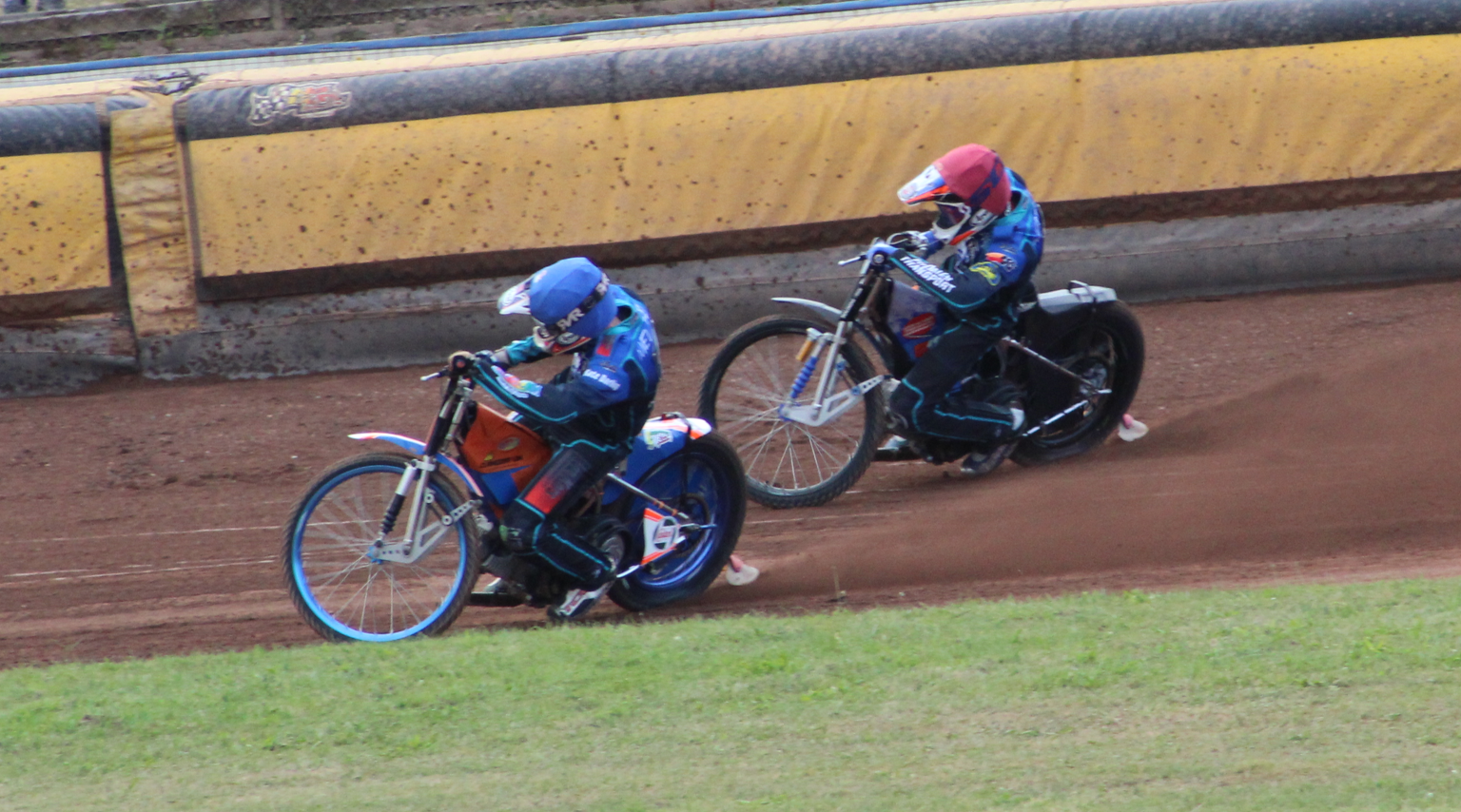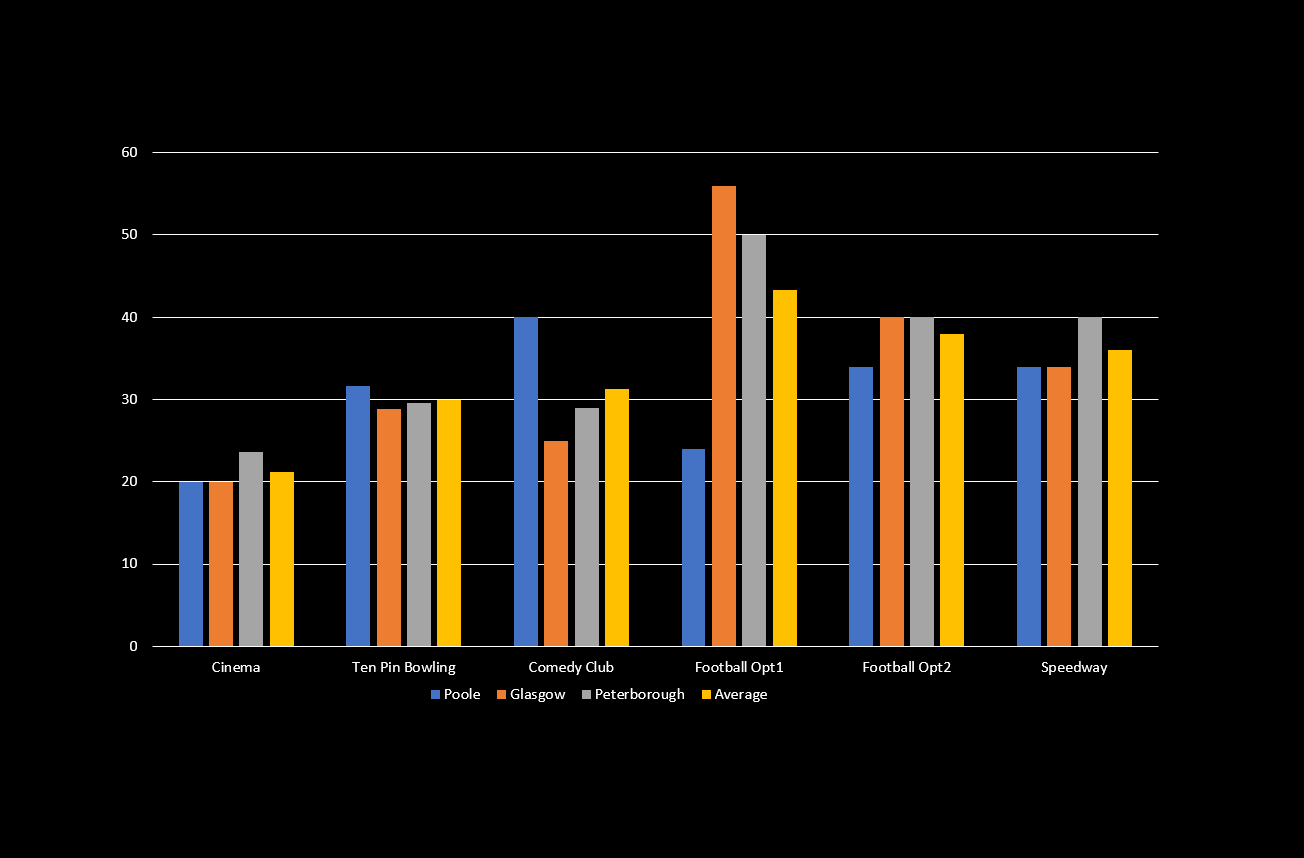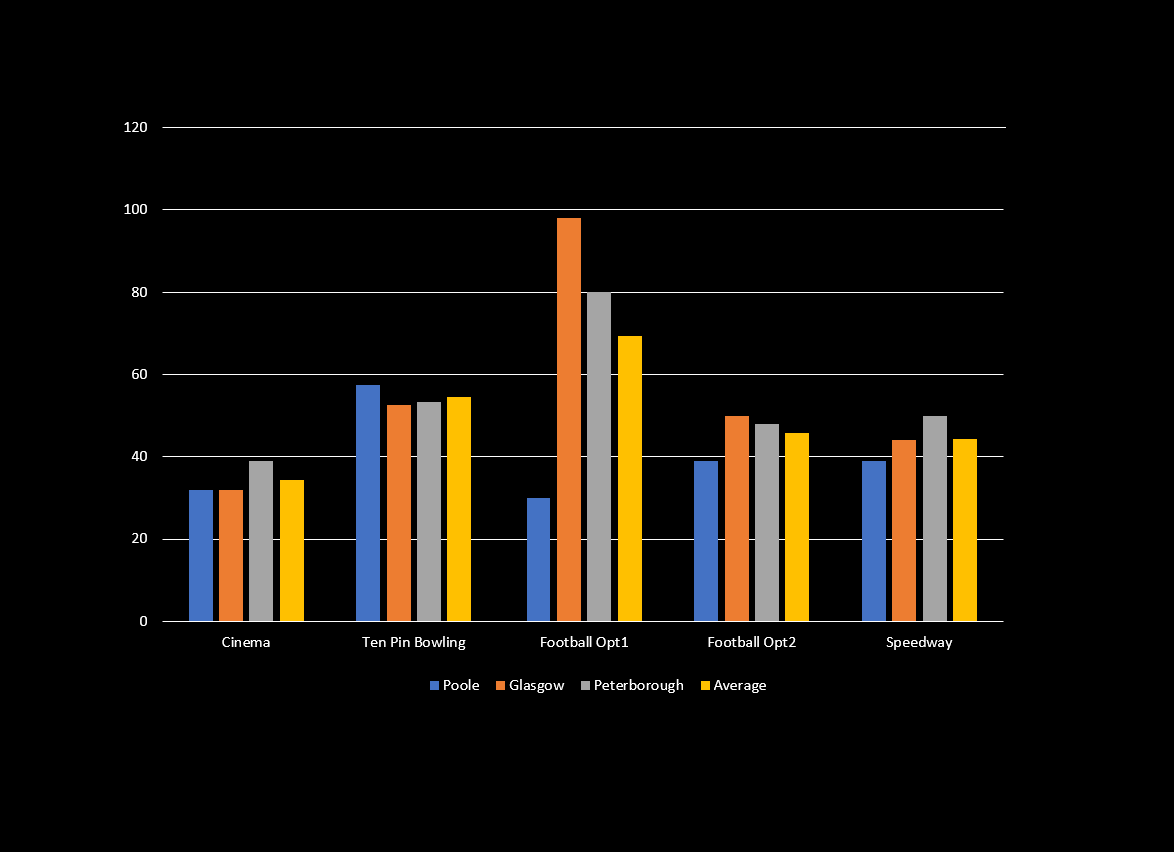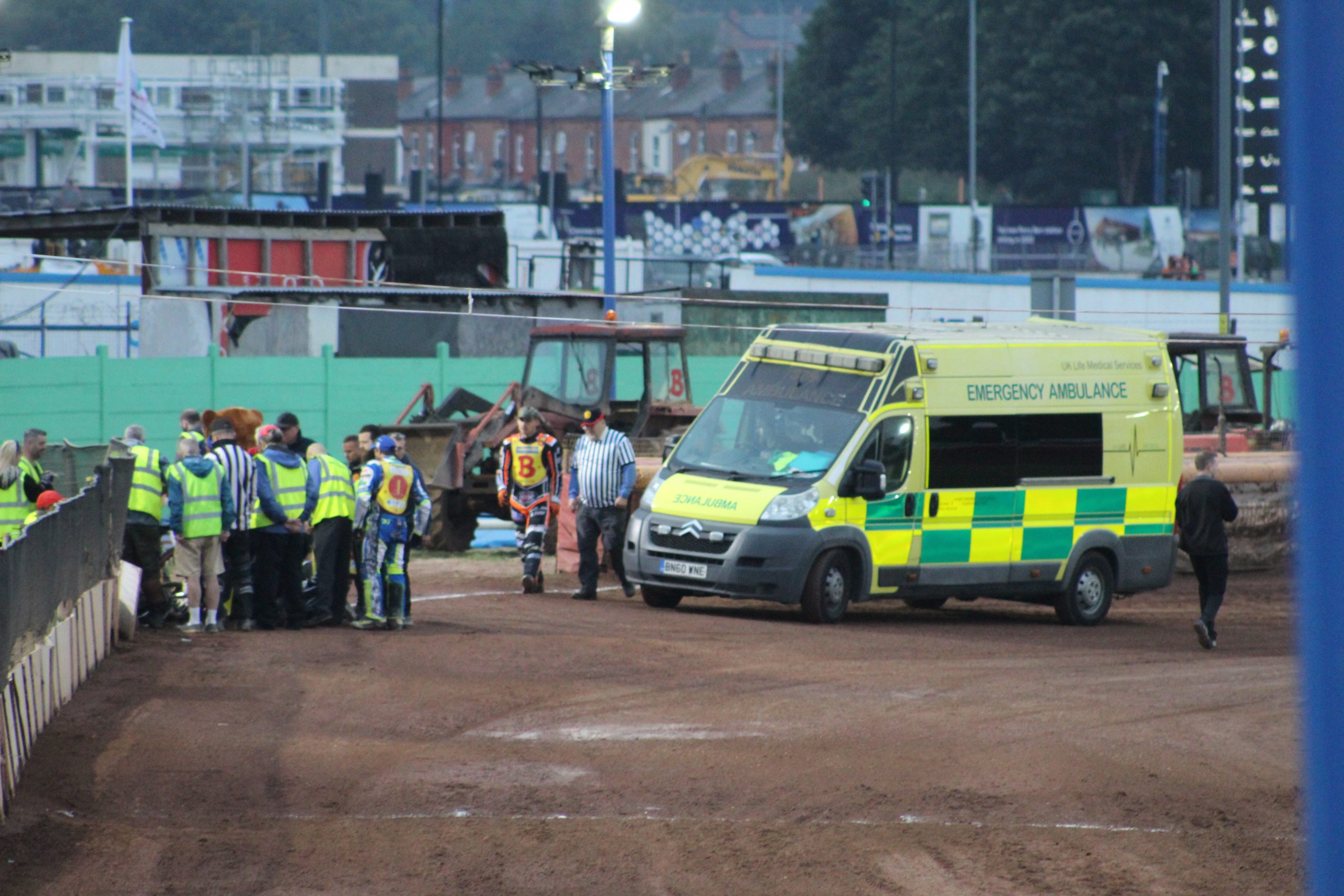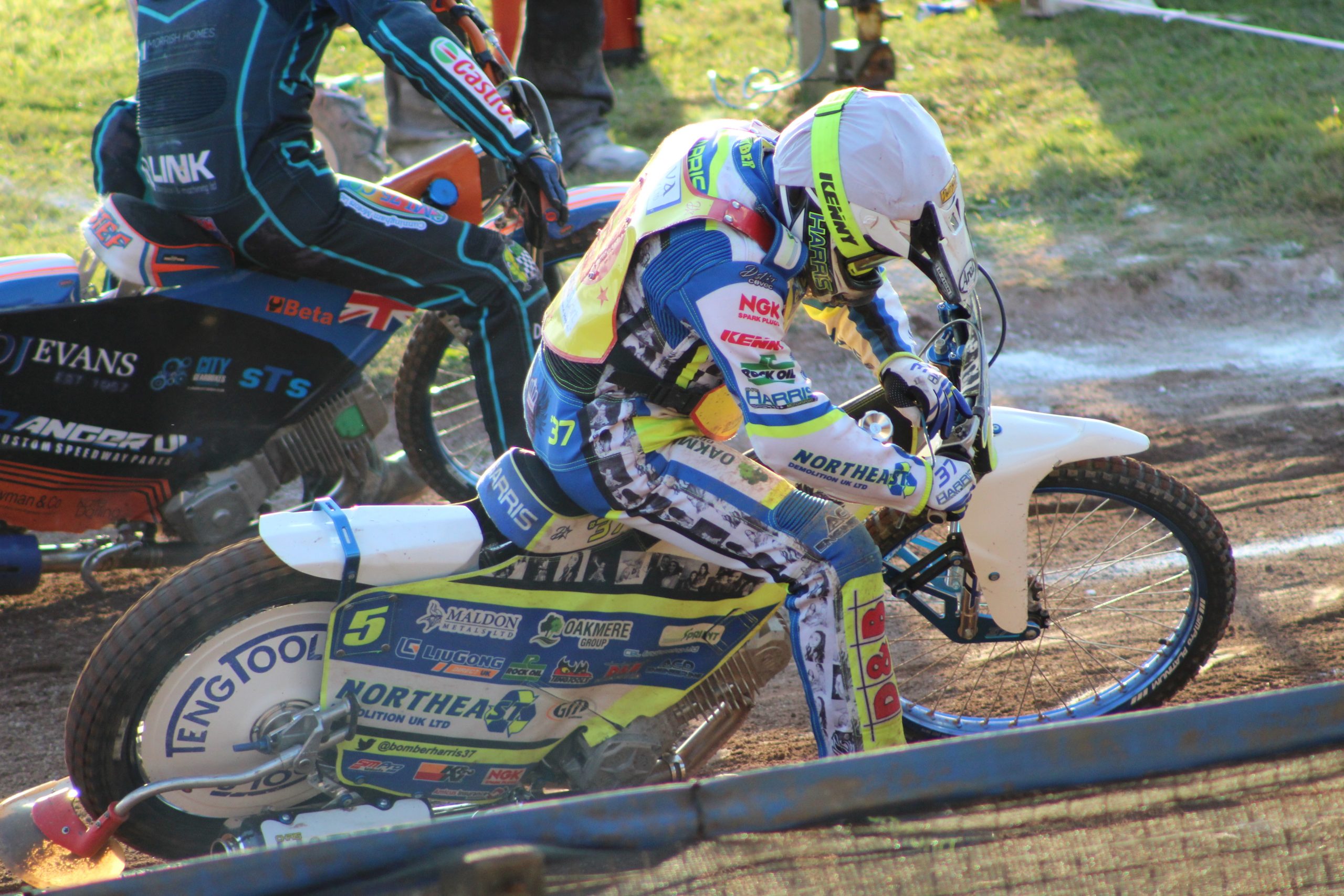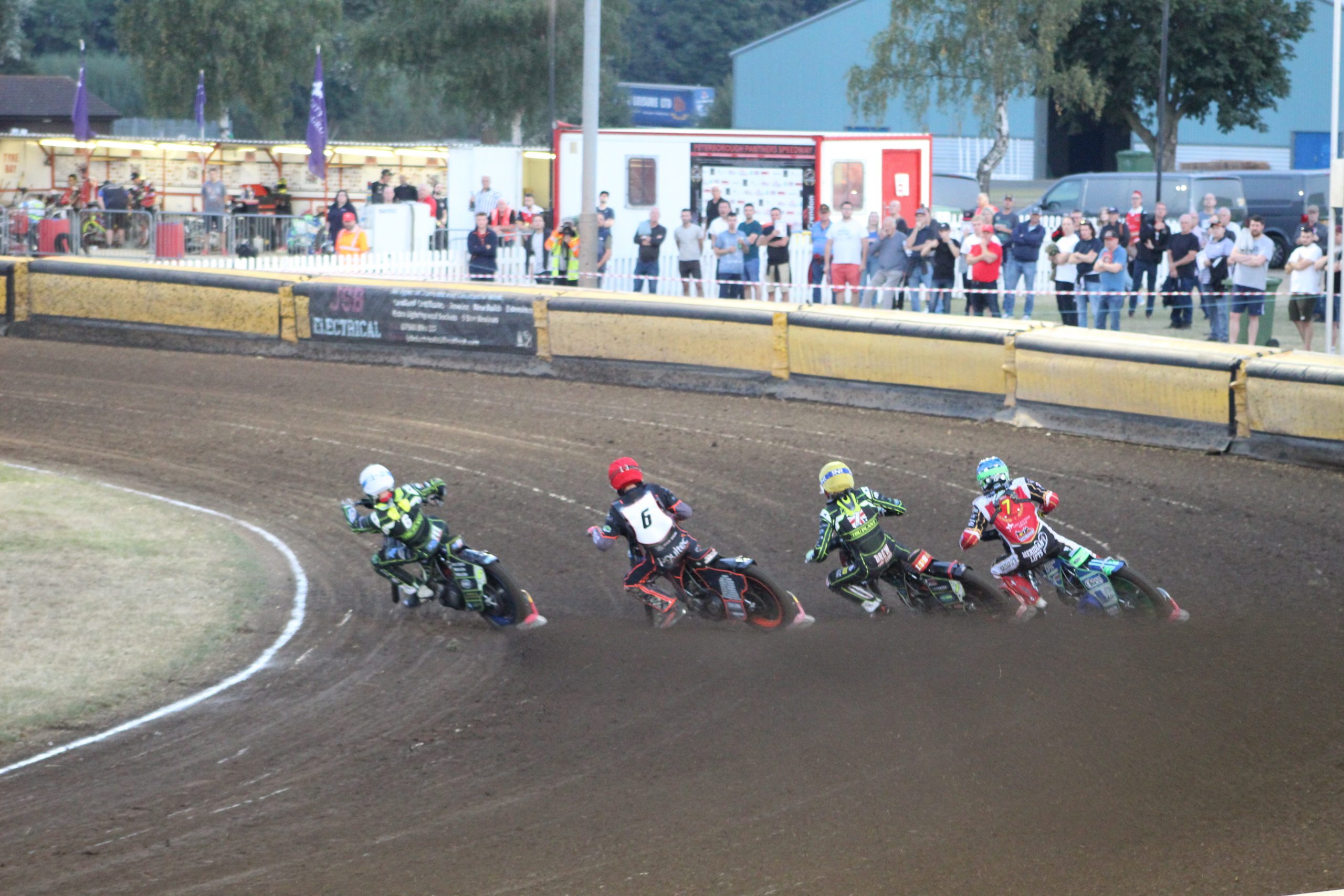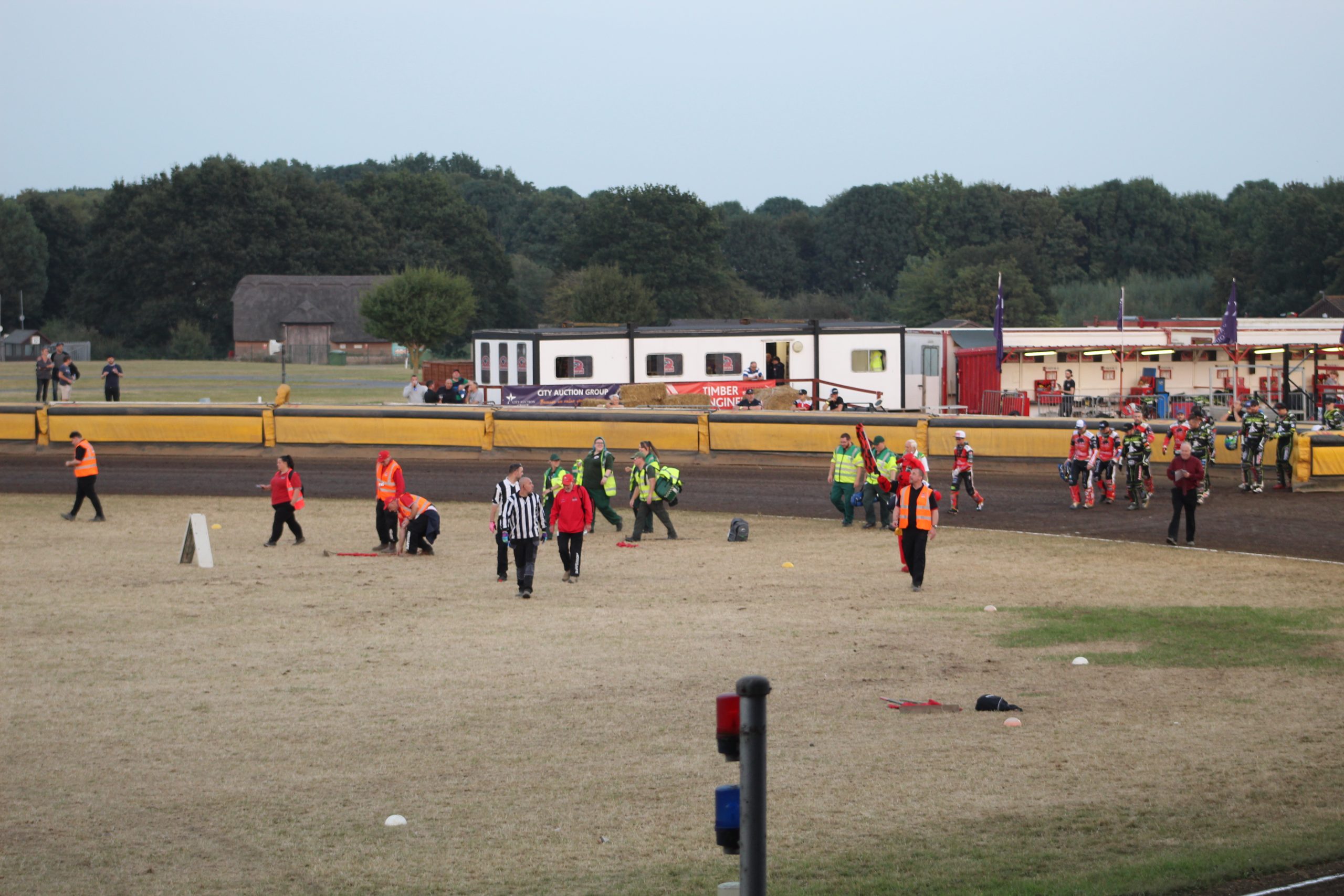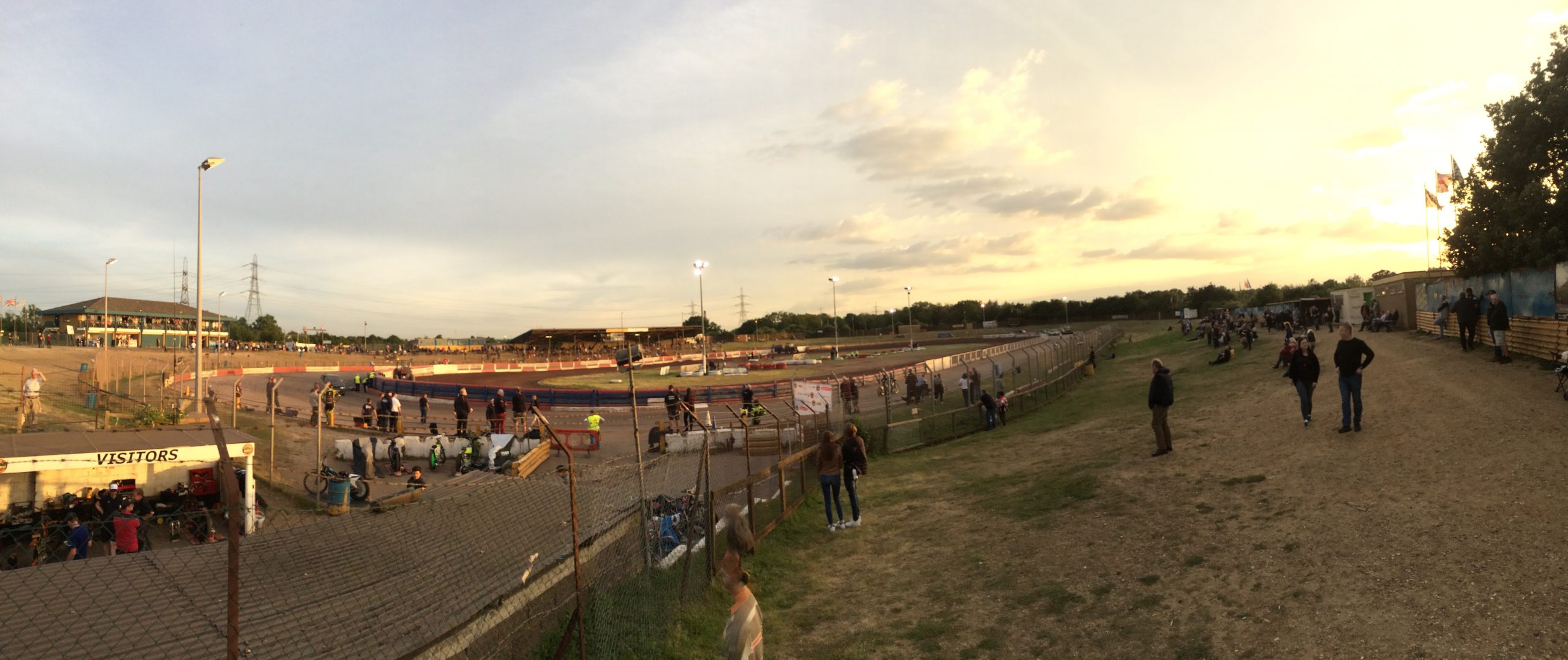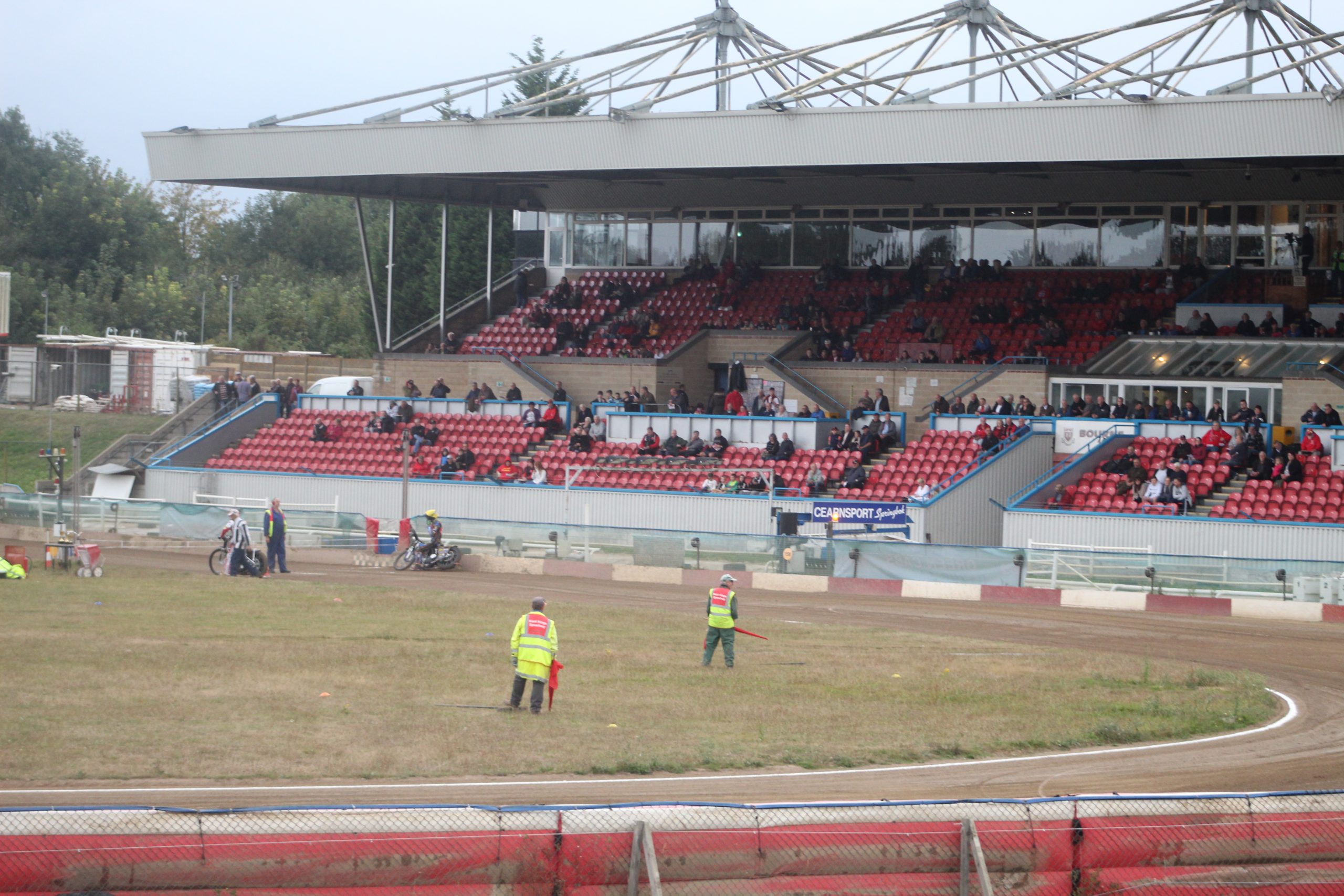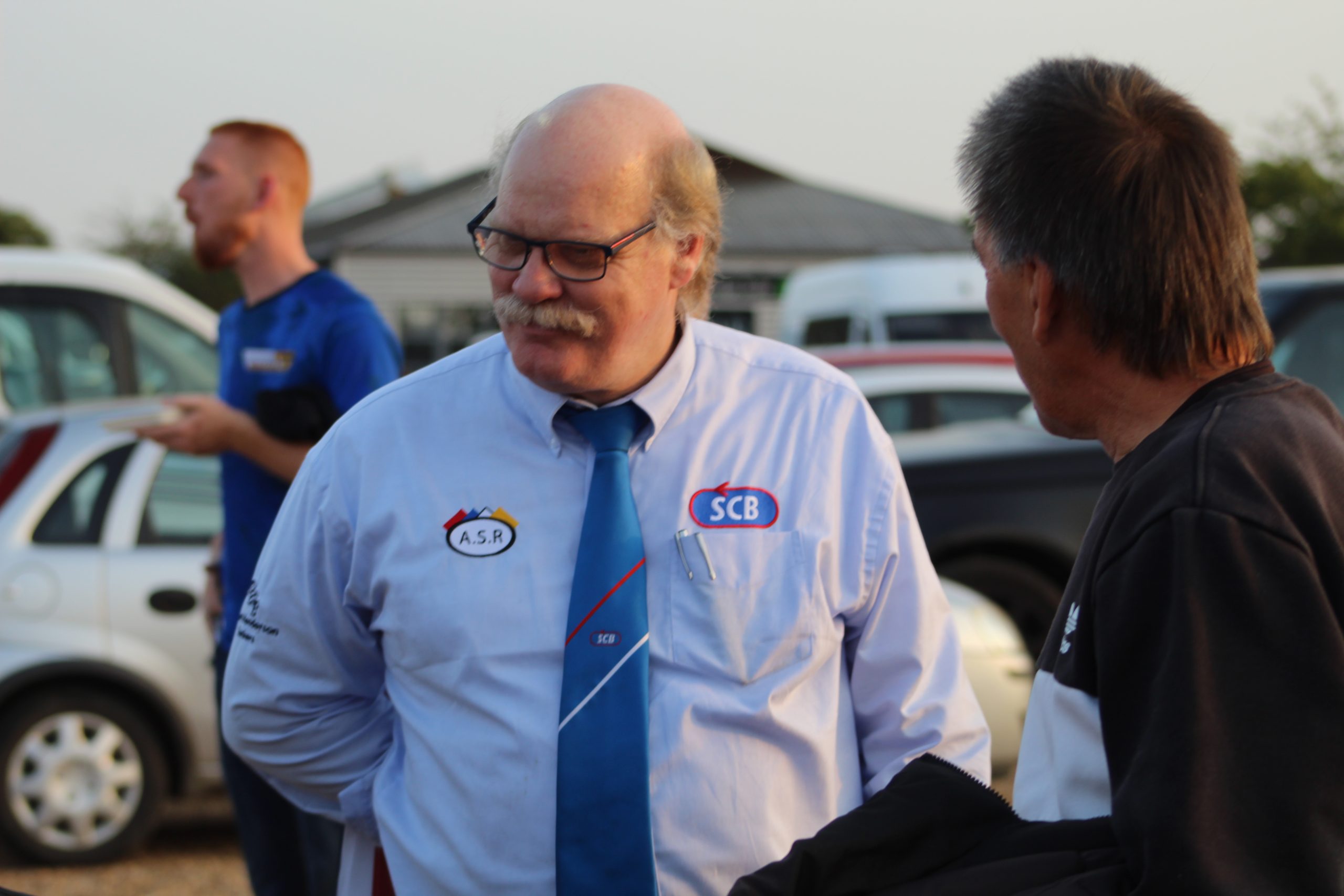Covering Running Costs, British Youth & the Rider Skill Gap, Central Governance. This is Part 4 of 4 looking at Current Issues.
Running Costs
I'm only going to briefly graze over this because I could make a whole report just on this topic because of how complex it is. I'm also conscious not to share confidential information, so I won't be sharing figures.
Workington Comets reinforced the real and counter-intuitive lesson that British Speedway hasn't learnt, success comes at a price; that price could even be closure. We touched on inflation and the economy when we talked about admission prices, but we didn't discuss operational costs. Running a speedway team costs more now than ever. The money coming in is getting lower, and the money going out is getting higher.
The bikes in Speedway have evolved into something completely different to what was on the tracks in the 1970s. The engines have changed into highly tuned rockets with high outlaying costs and persistent tuning requirements. Gone are the days when a rider could be part-time, treating Speedway almost as a hobby whilst having a day job to supplement their racing careers.
Riders at the top level make good money, but riders at the bottom end barely getting by. This year, Nathan Grieves quit the sport with scarcely a penny to show for the broken bones, late nights in the workshop or driving across the country at the dead of night. Despite this, the rising equipment cost means the riders pay requirements to go up, promoter cost on riders goes up, but the income level from sponsorship and attendances hasn't increased to support it.
Riders being part-time in the National League is fine, but if we want British Speedway to remain a professional feature, we need full-time professional riders. If the riders are going to be full-time, they need assurances that their income won't disappear overnight because they've been dropped or injured. Yes, professional sport is generally a tricky business, but the sacrifices we ask of these warriors and the risks they take far outweigh that of any other sport I know. Riders do it because they love it, not for entertainment value, but that doesn't mean they shouldn't be paid for their efforts.
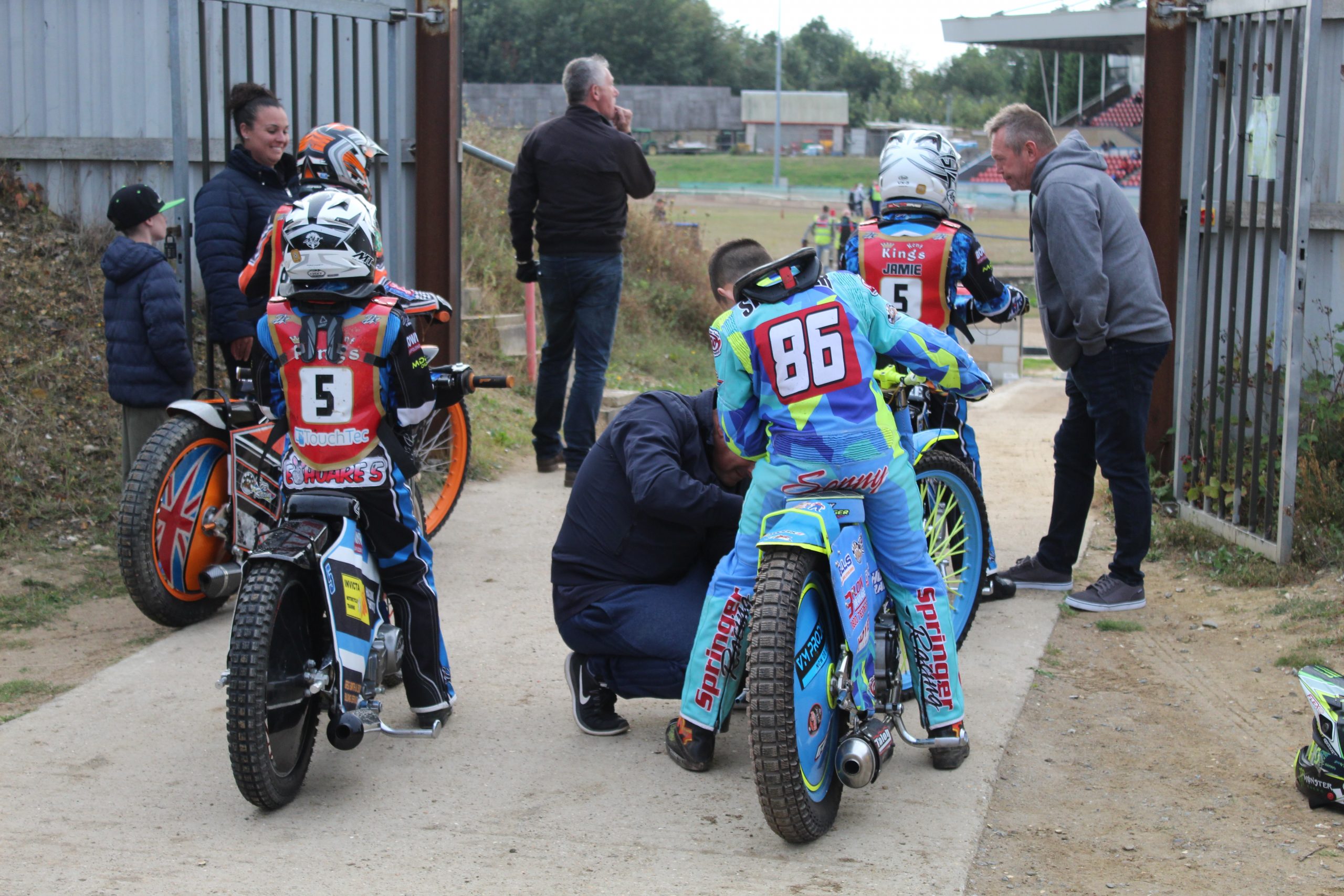
British Youth and the Rider Skill Gap
Great Britain has some fantastic talent amongst its roster of riders. The progress Team GB's set-up made was vindicated by the stunning performance at Belle Vue, lifting the World Pairs trophy despite losing three times world champion Tai Woffinden to injury. However, this doesn't mask that the progress chain for British youth within the British League is unclear and sometimes unforgiving.
We talked about the rider skill gab when we covered doubling up. It's not a brand-new issue for Speedway. In the 1970s, it wasn't uncommon to see a lowly junior role up to tapes with Ivan Mauger. The skill gap has become a prevalent issue, though. There was an attempt to fast track riders into the top league when the BSPA changed the race-card format and essentially had National League riders at reserve. However, the gulf in quality between the main body Elite League teams and reserves was huge. The skill gap runs the risk of having riders with good potential quitting too early because the professional rides are too strong for them.
There was a time when using a team's number 8 or even number 9 wasn't unrealistic. The gradual phasing out of second halves led to the widening skill gap between league standard reserves and juniors. Inevitably, British youth isn't up to standard when a rider in the league gets injured or isn't available, so we look abroad. In 2021, it would be unthinkable to use a national league rider in place of the main body professional even in the championship because the gulf in class is too severe. It is hard to pinpoint precisely when the problem started, the demise of the Second Division or British League, the introduction of foreign riders into the National League 1980s. Again, you could make an entire video on this subject.
In 2021, Great Britain is a launchpad for riders to develop their careers before progressing to international standard competition in Sweden or the pinnacle of team competition in Poland.
How do you get young talent interested in riding a speedway bike for fun or professionally? It's a problem Discovery spotted as soon as they looked at Speedway GP. The naturally dangerous nature of the sport makes it more difficult to entice new blood, especially people outside the motorsport's environment. Football and Rugby might have certain risks associated with them, but it's not comparable to Speedway or Motocross in the eyes of many. For every success story within the sport, a significant injury will go viral, public perception again not helping our corner.
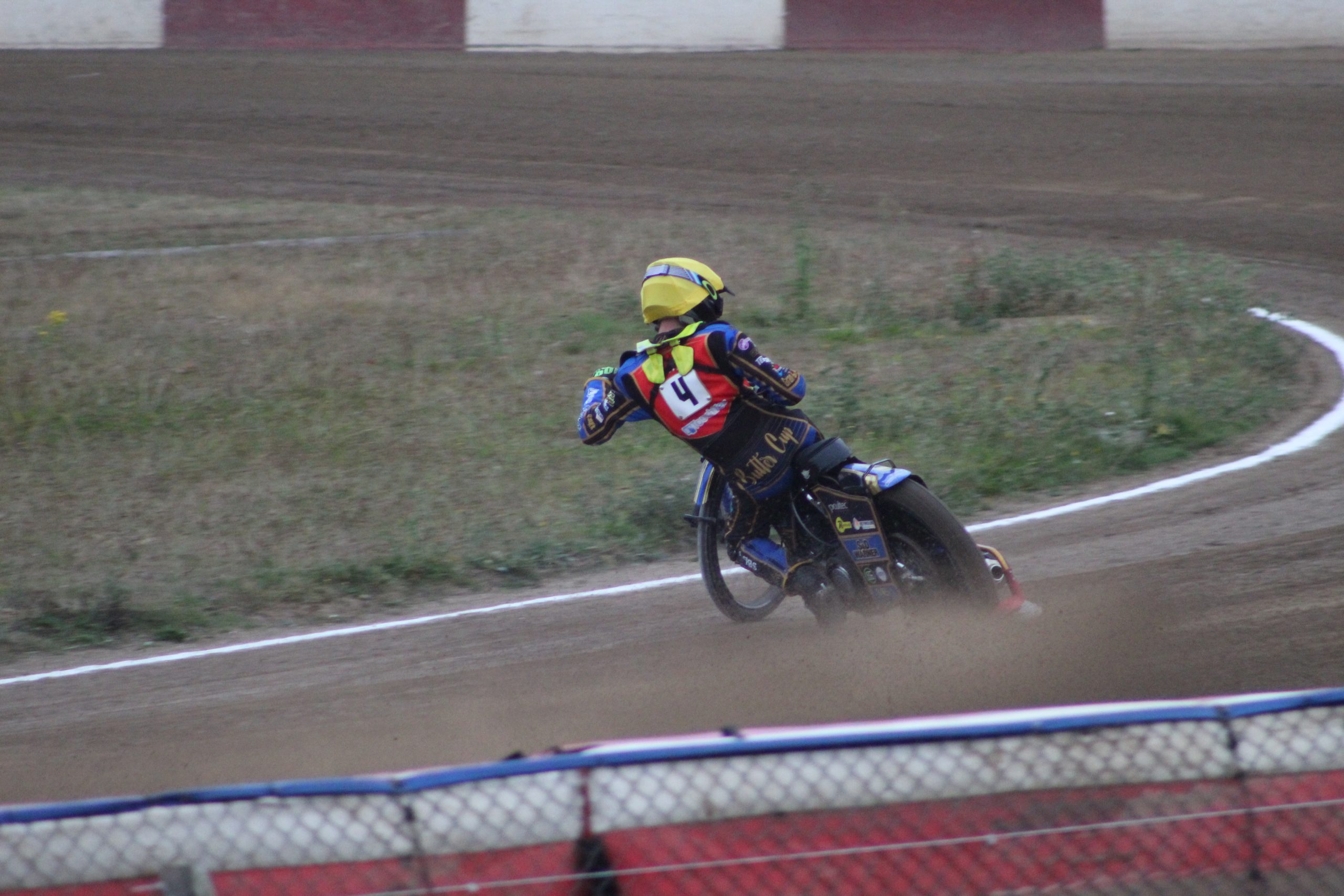
There is a community of amateur riders below the national league set up who staged regular weekend fixtures. I never understood why the SGB haven't gotten involved and offered more support to amateur clubs. Just recently, Southern Track Riders, an establishment with over 20 years of presence in British Speedway, disappeared overnight. All the families connected to the club and, by association, the sport went with it.
We need to have a clear pathway to become a professional speedway rider for the outsider looking in. What training programs are there, and where are they held? How much will they learn if a rider turns up to a Sunday practice with no professional presence? I can personally recall Ulrich Ostergaard at Rye House taking the time to chat with me and give tips on riding style and adjusting my bike to help me navigate the corners. On another occasion, Alan Mogridge at Scunthorpe, who was there with his son, gave me a simple piece of advice, put your left leg on the peg when you don't need it to save energy on the straights, simple but hugely effective.
Team GB and the associated training programs are fantastic for riders established as career speedway riders. We need to turn our attention to newcomers and nurse them through to the Team GB programs already in place.
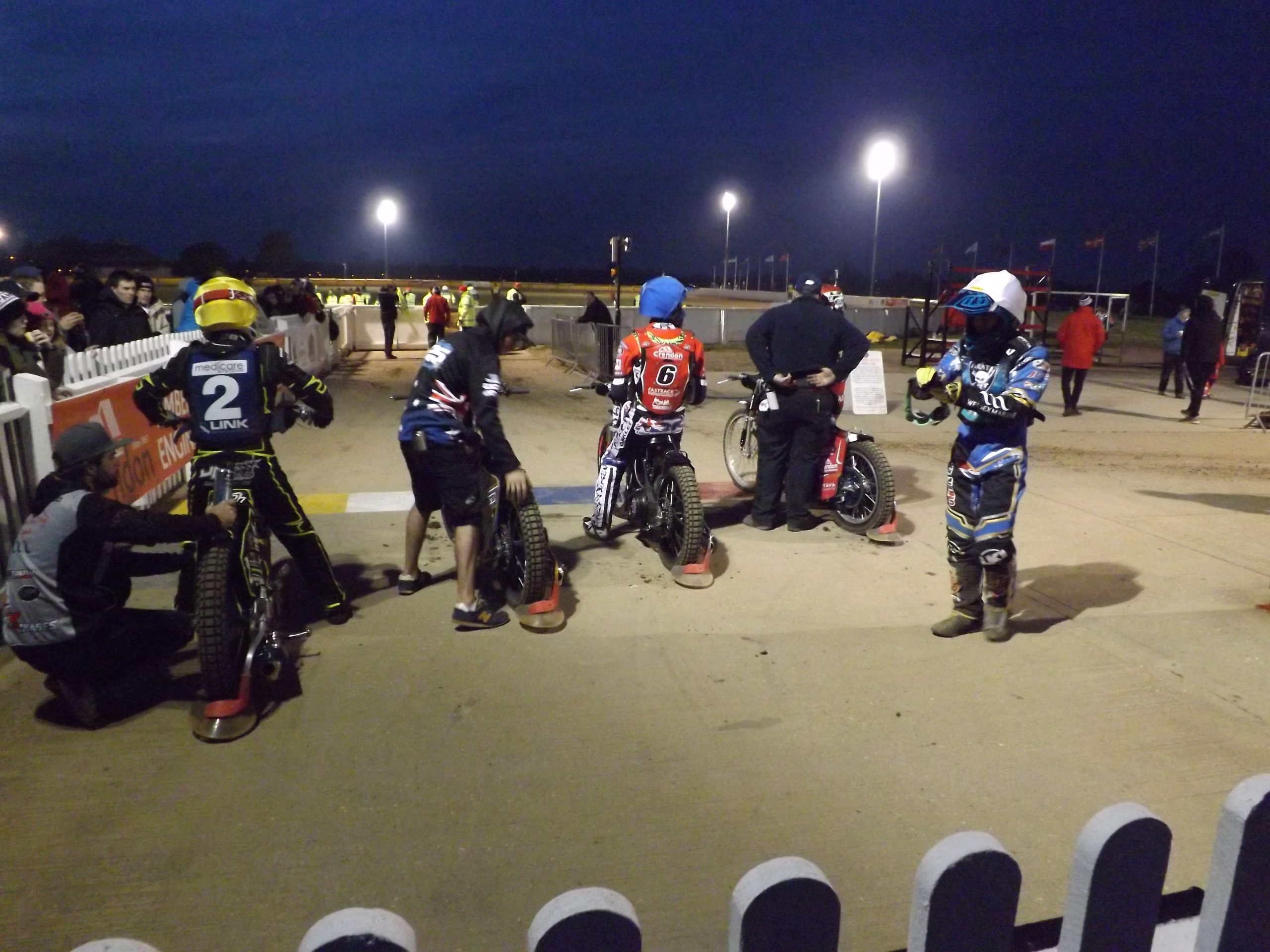
Central Governance
Promoters in Speedway often pick up the most criticism from supporters. If you think about it, promoting a speedway team is the most unforgiving position within British Speedway right now. When things go wrong, they get the blame, sometimes rightly, but often they are the object of frustration within the fan base.
Often decisions are made which, from the outside, make little sense with no explanation. The club owners set the rules, sometimes unevenly. We often hear stories of laws being changed to suit certain clubs or riders or inconsistent decisions. This year there was a great example with Redcar's visit to Birmingham. The matches start was delayed due to issues with the track. Then a horror crash resulted in a delay due to rider injury. The match was eventually abandoned because of the curfew and lack of medical cover. The result was not declared as only nine heats had been ridden. Birmingham got a second bite of the cherry and thrashed the bears 55-35 on the re-staging, despite being 8 points behind when the first fixture was abandoned.
You need to race ten heats to declare a result, I hear you say, so what's the problem? Precedence had been set when Glasgow was previously awarded an away win at Redcar after an abandonment after Heat 9.
Both matches were abandoned due to the curfew and medical cover, the track delay at Birmingham wasting an hour pre-match certainly wasn't Redcar's fault, yet the decision has gone against them this time. No explanation, no justification. That's the decision, if you don't like it, tough.
Speedway governs itself, and this is probably the biggest problem of all. It's hard to prove balanced, unbiased decisions, and there's not enough adaptation to the modern market through external advice.
Let be fair though, many speedway tracks are running right now because of their love of the sport, not because it makes business sense. Rob Grant is the perfect example. He closed the doors at Newcastle because it was no longer sustainable, but he re-opened them because his emotional connection to the sport was so strong, and he felt he owed it to the late Dave Tatum.
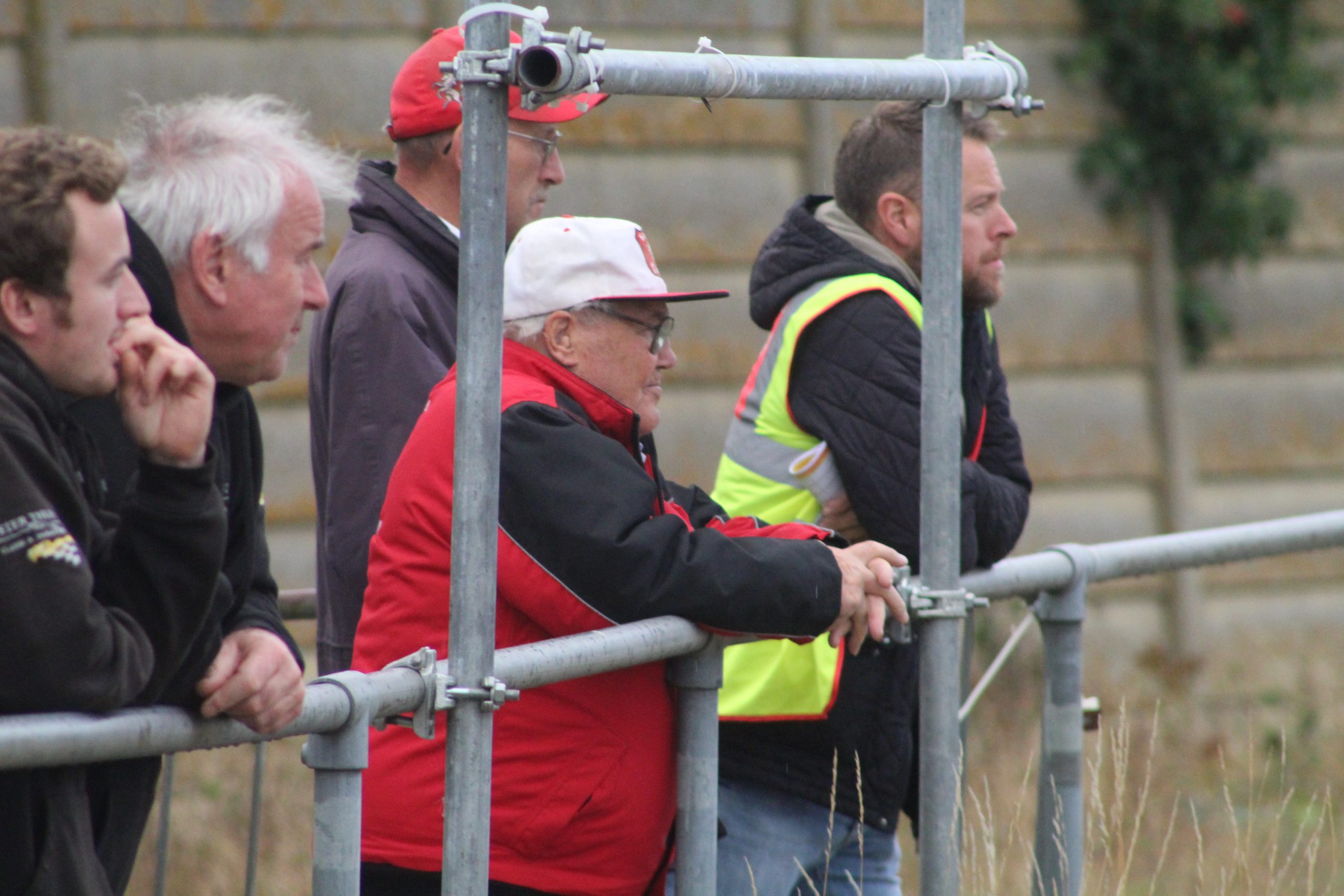
Speedway promotors care so much about Speedway, and perhaps this is one of the problems. Their emotional attachment to the sport means they don't want to change it, they see the product as good enough, and I can't blame them.
Speedway promotion is a thankless, money burning task with no rest bite, they are trying everything they can, but they need support. Promoters are tired, and they want to enjoy their Speedway as much as we do. Many tracks are alive today because of their commitment to the cause. The old saying goes, how do you make a small fortune in Speedway? Start with a large one!
The truth is the future of the sport is in their hands. If change is to happen, it's up to them to make those decisions. Time is running out for the British Speedway. If we are to turn its fortunes around, they'll need to gamble on something different. Cricket managed it, Ice Hockey Manged it, I'm sure Speedway can.

Closing Thoughts
We need to restore confidence amongst the faithful fans in the sport. If we get the fans onside, and the hard part is done. Slowly changes are occurring, and Speedway is far from dead. As a pure product, it has enough to be successful. It's the business and practicalities surrounding it that need to change. There are too many variables that can go wrong, and we don't have enough contingencies to manage it. Speedway can and will survive, and eventually, it will thrive, but we've got a lot of work to do before we get there.
Alternatively, Catch Up with the Current Issues Feature
